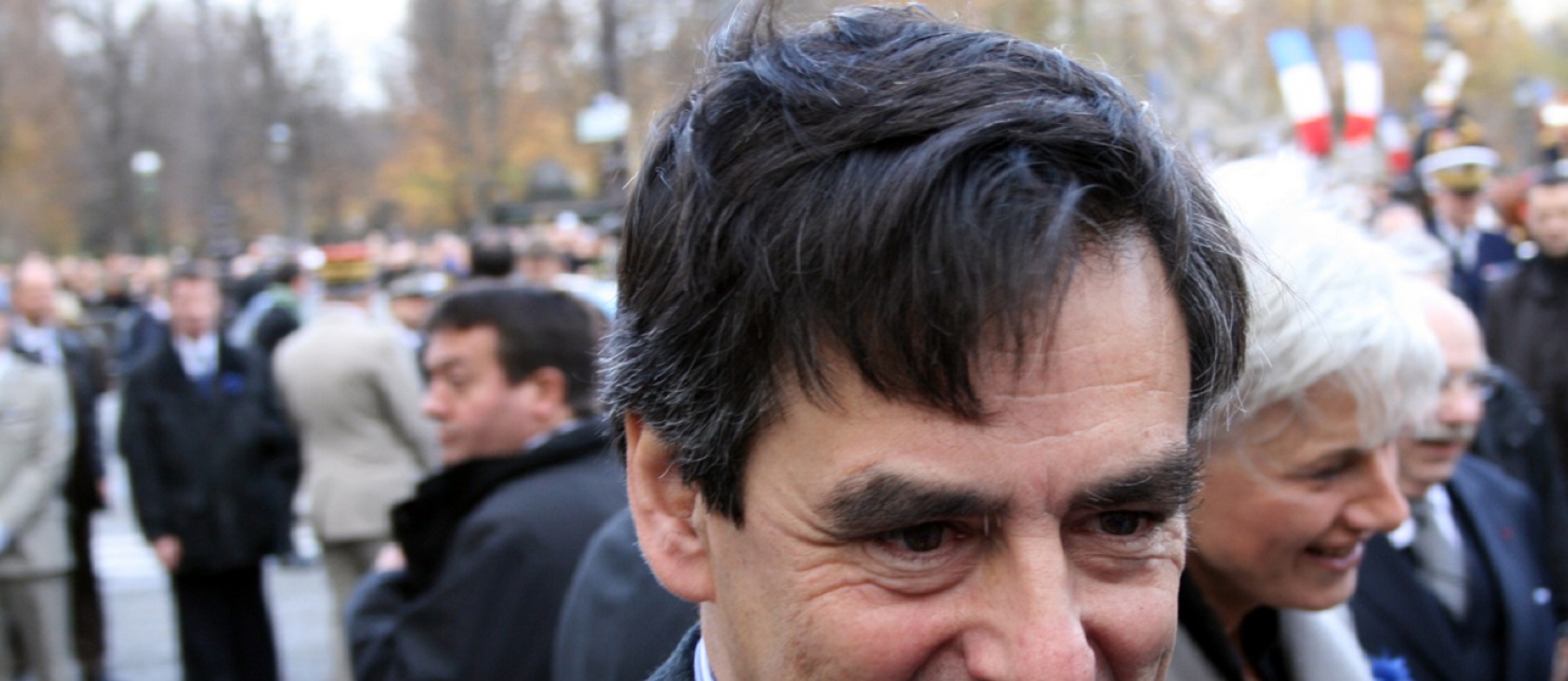The influence of Christianity in the French political sphere has been gaining ground in recent months and may be of benefit to believers and non-believers alike, according to the Acton Institute’s Samuel Gregg. The heavy-handed secular arm is losing favor with the general public and its antagonistic stance towards Christianity is weakening. In a recent article, Gregg explains:
Given French politics’ hitherto decidedly secular character, there was always going to be a backlash from across the political spectrum against Fillon’s stance. What has been truly noteworthy, however, is the sheer feebleness of this reaction.
For decades, the operating assumption throughout France has been that a politician’s faith is a private matter. Discussion of such issues by those involved in public life has traditionally been frowned upon.
Gregg goes on to state that the belief that faith is an obstacle to performing the public duties of a secular office is waning. Gregg cites as evidence of this a Catholic bishop’s response to Le Pen’s comments on Fillon’s affirmation of his Catholic faith:
When Fillon stated that, as a Christian, he would never let his proposed economic reforms hurt groups such as pensioners, the distinctly secular nationalist Le Pen immediately focused her attack not on Fillon’s policy proposals, but rather on him mentioning his Catholicism. This, she said, “deeply contradicts secularism and our values”. In Le Pen’s view, “To justify a political choice with religious beliefs is shocking.”
Once upon a time, such attacks would have been considered near fatal to a politician’s electoral prospects. Not any longer. As one French Catholic bishop recently remarked to me, whether Fillon becomes president is in one sense unimportant. Far more significant is that expectations concerning what it means to be a believing Catholic in French politics have changed in ways unimaginable only 10 years ago.
Gregg is less concerned with focusing on Fillon’s faith and more concerned with the failures of those in office in France, and their hypocrisy regarding religion. Gregg highlights the fact that citizens are less concerned with individual faith than with having stability:
Within France, however, the story is very different. There has been a discernible spread of Muslim-dominated urban areas in which the police find it increasingly difficult to maintain law and order.
This willful blindness has seriously undermined the French Left’s ability to speak with any authority about anything to do with religion among a population visibly rattled by the spread of what are effectively Muslim ghettos, and worried about future jihadist acts of terror that the government has described as “inevitable.”
In conclusion, Gregg says that whether or not Fillon is elected to office, his candidacy alone has brought Christian dialogue to the public sphere, and this is to the overall enrichment of the French people.
But whatever happens to Fillon’s presidential candidacy, it has helped to create greater scope for lay Catholics to bring Catholic teaching into French public debate. To the extent that this creates a more genuinely pluralist France, one more attached to its roots, willing to identify real problems and less bound to ideologically secularist agendas, all of France – believer and non-believer alike – is likely to benefit.
To read the full article at Catholic Herald, click here, and to listen to a podcast by Gregg on the influence of secularism in France, click here.
(Photo credit: Remi Jouan, Creative Commons Attribution-Share Alike 3.0 Unported.)












